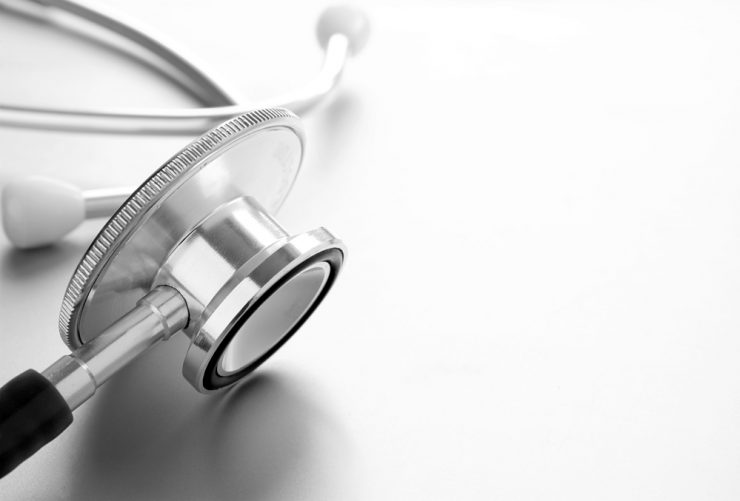Having period is a part of female reproductive cycle where the bleeding from uterus is released through vagina.It takes place in every 28 days. The period may vary from 24 to 35 days. Periods can begin between the age of 8 and 16 but in most cases starts at the age of 12.This continues till menopause which occurs between the age of 45 and 55 years. The eggs in a female are stored in the follicles in the ovary. The body starts producing hormones such as progesterone and oestrogen as puberty begins. These hormones cause the egg to mature.This is when the first menstrual cycle begins. A lot of bodily changes occur during this cycle as different amount of female hormone is produced during this time.
Cause
The hormones released during the reproductive cycle causes the eggs in ovaries to grow and mature. The oestrogen level in the bloodstream rises due to the production of hormones by the follicles. This causes the lining of the womb to thicken preparing to receive a fertilized egg. If there is sperm in the fallopian tube it may be fertilized. If there is no sperm the level of oestrogen and progesterone will decrease and the womb lining (endometrium) will start to break down. This marks the start of periods which contains endometrium and small amount of blood.
Symptoms
Some women experience no or few symptoms during their period. Bleeding generally lasts for 5 days and may last till 8 days also. If you experience heavier periods it is called menorrhagia and can be treated using a number of medicines.
The symptoms of premenstrual syndrome include the following
-irritability
-backaches
-bloating
-headaches
-feeling depressed
-difficulty in sleeping
– breast tenderness
-difficulty in concentrating
Some women have painful periods .This may be due to production of high levels of the hormone prostaglandin. Women may experience pain in the abdomen, back or vagina and generally starts shortly before the period begins and last for a few days.
Treating period problems
Painkillers: Painkillers like Paracetamol, ibuprofen and aspirin might be taken to get relief from pain. These painkillers act by blocking the hormone prostaglandin that causes pain. One must follow the instructions carefully while taking these medicines. Children under 16 years of age should not use aspirin.
Contraception: The pain caused by periods can be eased out using contraceptive pills. These pills make the lining of the womb thinner and decreasing the amount of prostaglandin released.
Other treatments:
Exercise is one of the ways to ease pain caused by periods.Swimming; walking or cycling may help in reducing the pain during this time. Relaxation techniques, like breathing exercises, meditation and massages are some of the useful ways of getting relief from period pain. A warm bath or holding a water bottle of hot water against the abdomen may be helpful in reducing discomfort.
Heavy and irregular periods
There are different types of treatment available for heavy and irregular periods. The treatment depends on the cause and one must consult the GP about the possible options.










